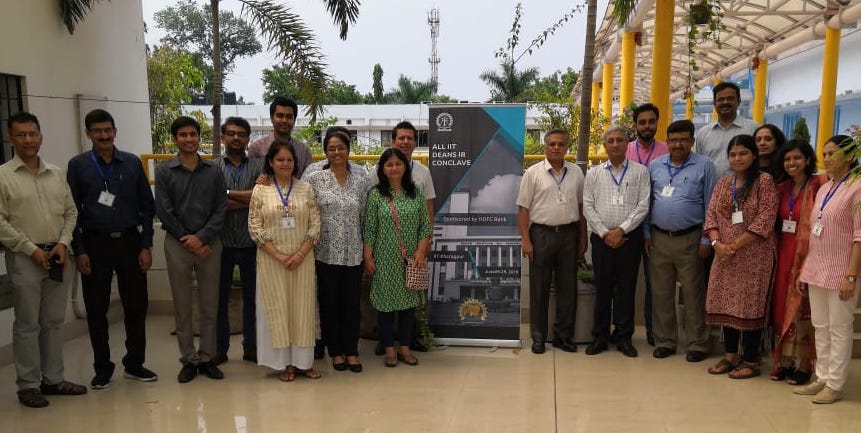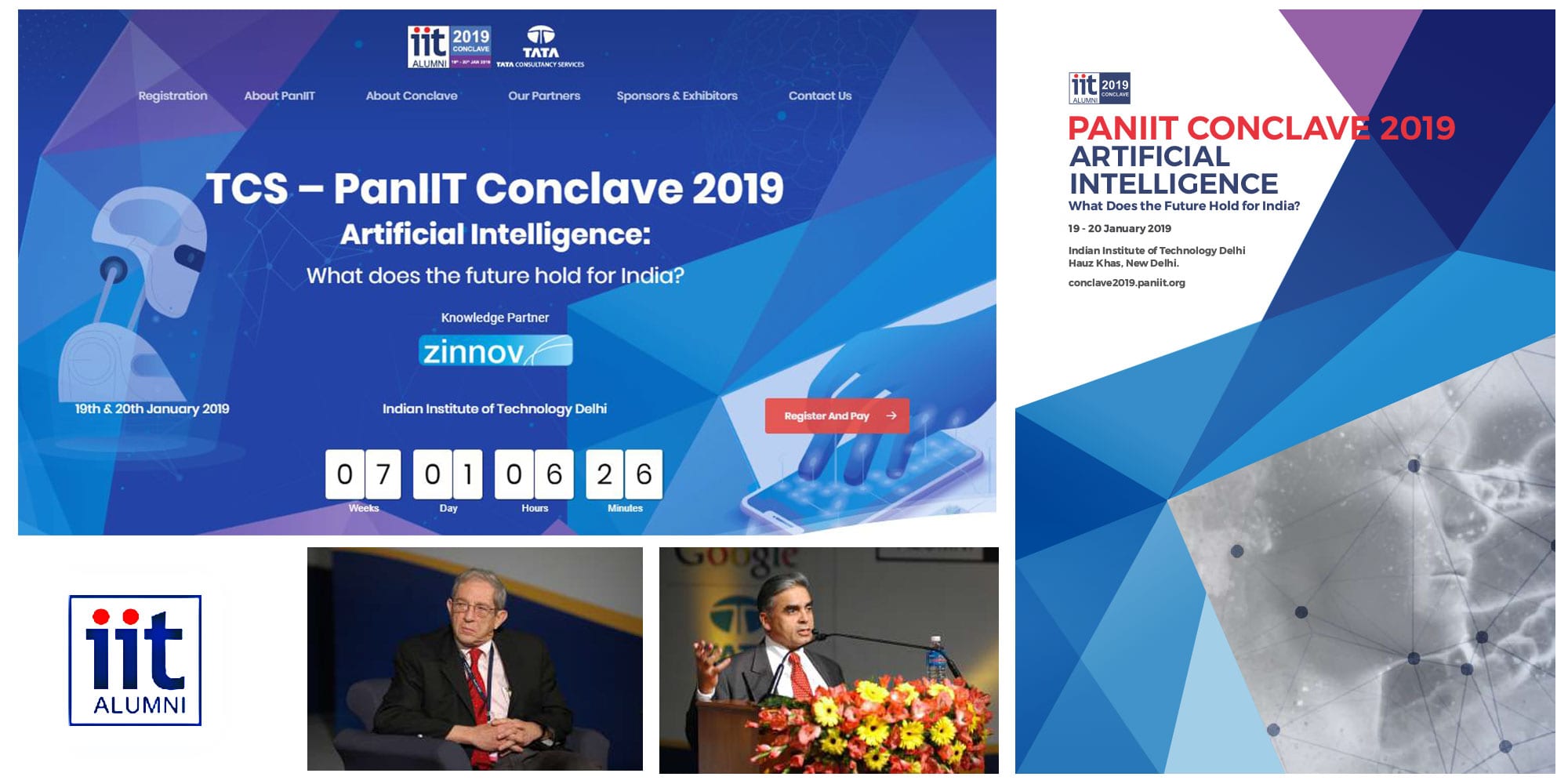
Deans’ Conclave for International Outreach
Times of India Economic Times Careers360 The PAN IIT Dean International Relations (IR) Conclave was held at IIT Kharagpur on June 28-29, 2019. Twelve IITs, represented by Deans and Executives of IR Offices, participated in the Conclave viz. Delhi, Bombay, Madras, Guwahati, Kanpur, Tirupathi, Mandi, Indore, Dhanbad, Roorkee, Palakkad and Kharagpur. Over two days the IITs deliberated on common challenges and processes towards attracting and admitting more international students, funding mechanisms, degree provisions, international collaborations and several more. “The IITs and their alumni are probably the finest products coming out of India since independence. While each IIT pursues…

